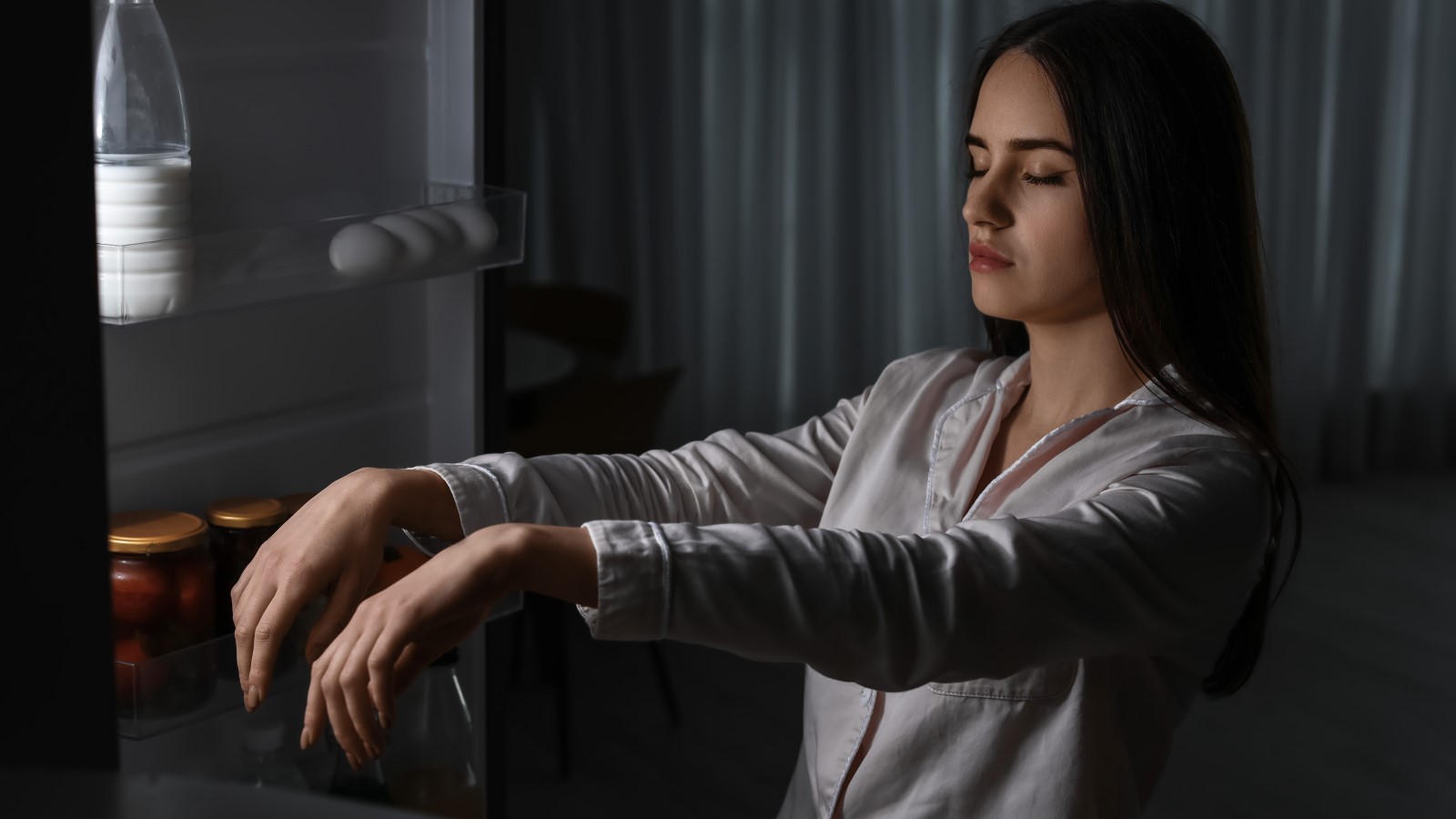Sleep myths often mislead us, hindering our ability to prioritize quality rest. These myths can lead to sleep deprivation and health issues. It’s essential to dispel these misconceptions to develop healthy sleep habits.
With that said, here are 7 of the most popular sleeping myths:
1. Drinking Alcohol Before Bedtime Helps Sleep

“Despite its sedative properties, alcohol should not be used as a sleep aid because it might have a negative impact on the quality of your sleep,” Martin Seeley, a Sleep Expert, Founder, and CEO of Mattress Next Day suggested.
Martin stated that people who rely on alcohol to fall asleep frequently have sleep difficulties.
Furthermore, the sleep expert emphasized that alcohol consumption has been linked to conditions like insomnia, obstructive sleep apnea, and irregular circadian rhythms.
2. Everyone Needs 8 Hours Of Sleep

“Not everyone needs 8 hours of sleep. The amount of sleep you need is unique to you,” states Jeff Kahn CEO and Co-Founder of Rise Science.
Jeff and his team looked at sleep need data gathered from 1.9 million RISE app users aged 24 and up and found a range of sleep needs to be five hours to 11 hours 30 minutes.
This means that some have a six-hour sleep need, but some need almost double that! While the median sleep need is eight hours, 48% of users need eight hours or more sleep a night.
“Whatever your sleep need is, you need to get that amount regularly, at a consistent time each night, and supported by healthy sleep hygiene habits for the kind of healthy, naturalistic sleep that supports optimal health and function,” added Jeff.
3. Snoring Is Harmless

While snoring is normal for most people, Sleep Expert Angelo Albertini of My Bespoke Mattres.com says otherwise.
“Snoring can be a sign of sleep apnea, a condition that can lead to other health problems like high blood pressure and heart disease,” suggested Albertini.
4. A Night Owl Lifestyle Is A Choice

Edna Skopljak, aDoctor of Medicine and Medical Advisor of HealthReporter stated that there are biological basis for being a Night Owl.
“In truth, our biological clocks, or circadian rhythms, influence our sleep-wake patterns. Night owls have a natural tendency to stay awake later due to their delayed circadian rhythms,” said the expert.
5. Sleepwalkers Should Not Be Interrupted During Their Episodes

“Sleepwalking can sometimes be an indicator of an underlying sleep order. Addressing it is important for overall sleep health,” said Carlie Gasia, a Certified Wellness Coach at Sleep Advisor.
She also stated that it is important to guide sleepwalkers back to bed to prevent potential injuries that might occur while sleepwalking.
6. Babies Learn To Sleep Through The Night On Their Own

“While some parents get lucky and their babies learn to sleep through the night without the parents having to do anything, the majority of babies need some help,” Sumera Solaiman, a Board Certified Sleep Medicine Physician at Baby Doctor MD stated.
She said that people should think of sleep as a skill to be learned. Just as you would potty train your toddler to teach them to use the toilet, many babies need sleep training to learn to sleep through the night.
“There are many different ways to help your baby sleep through the night – some involve crying, but some don’t. Most babies can learn this skill within 2 weeks so it’s something any sleep deprived parent of a baby should look into,” added Doctor Solaiman.
7. You Can Catch Up On Lost Sleep

Many people tend to “catch up” on their sleep whenever they spend all nighter for a specific event or deadline. However, according to Sleep Expert Angelo Albertini of My Bespoke Mattres.com, you can’t catch up on your lost sleep at all.
“Chronic sleep debt cannot be fully recouped, and trying to catch up during weekends can disturb your natural sleep-wake cycle,” said Albertini.
Key Takeaways
In wrapping up our exploration of the most popular sleeping myths, think of it as shining a light on the secrets of sleep. By unraveling these myths, we’ve learned that the key to better rest lies in understanding the facts.
So, let’s say goodbye to these misconceptions and welcome the knowledge that will lead us to nights of peaceful sleep and more energetic days ahead.
This article was produced by TPR Teaching.
Caitriona Maria is an education writer and founder of TPR Teaching, crafting inspiring pieces that promote the importance of developing new skills. For 7 years, she has been committed to providing students with the best learning opportunities possible, both domestically and abroad. Dedicated to unlocking students' potential, Caitriona has taught English in several countries and continues to explore new cultures through her travels.
